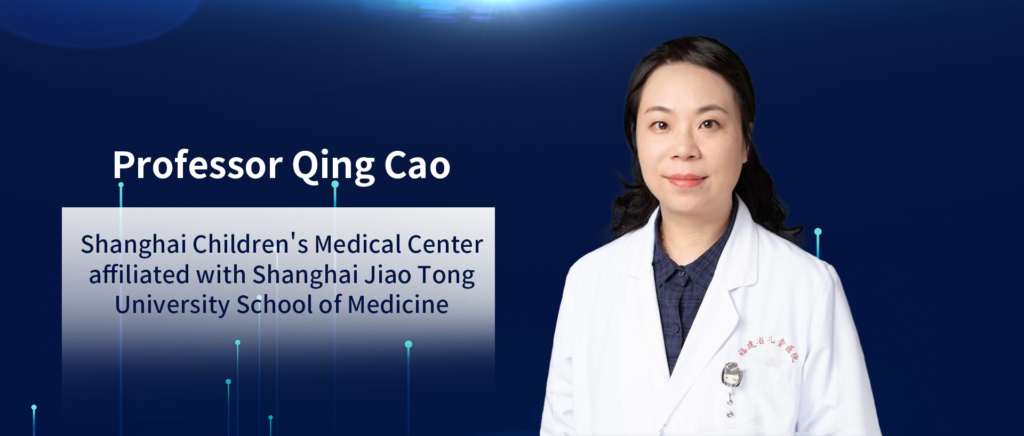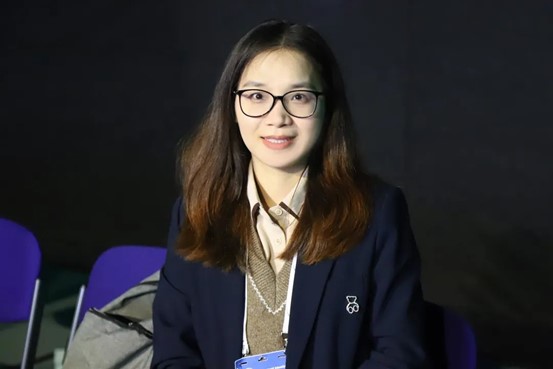
Triple-negative breast cancer (TNBC) is a highly aggressive and heterogeneous subtype of breast cancer, accounting for 15% to 20% of all breast cancers. Compared to other subtypes, TNBC patients often experience rapid clinical progression, are diagnosed at a younger age, have faster distant recurrence, and more common visceral metastasis. Treatment for TNBC is usually limited to chemotherapy, resulting in a poorer prognosis. With the breakthroughs in immune checkpoint inhibitors in the field of oncology, TNBC, as a relatively "hot" subtype among the otherwise immune "cold" tumors, has become a focus of research, showing improved therapeutic effects. Furthermore, neoadjuvant treatment, as a pre-surgical intervention for breast cancer, which aims to "downstage and conserve the breast" and acts as "in vivo drug sensitivity testing," has also received considerable attention in recent years. At the 2023 COMB conference, Professor Qiao Li from the Cancer Hospital of the Chinese Academy of Medical Sciences reviewed the current state and future of TNBC neoadjuvant research. Subsequently, the "Oncology Frontier" magazine invited Professor Li to discuss the progress and future directions of TNBC neoadjuvant treatment.










